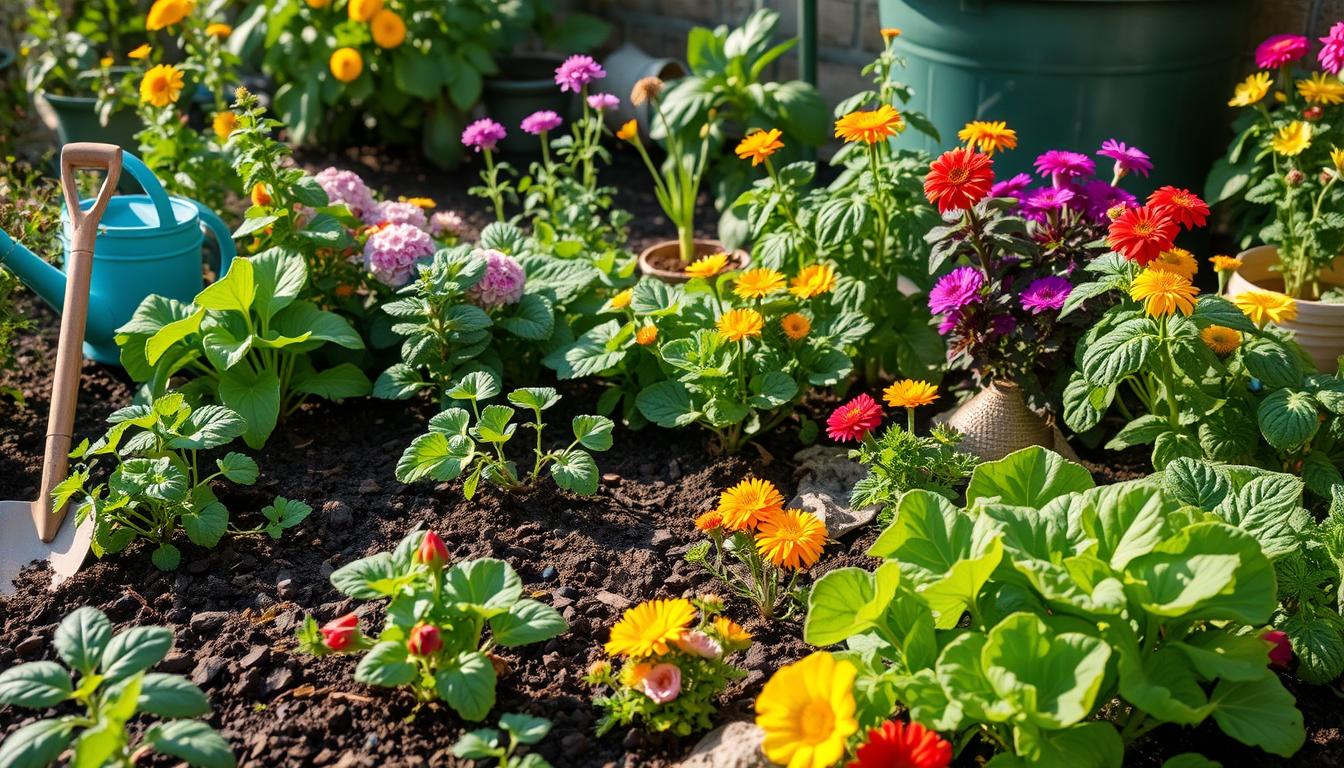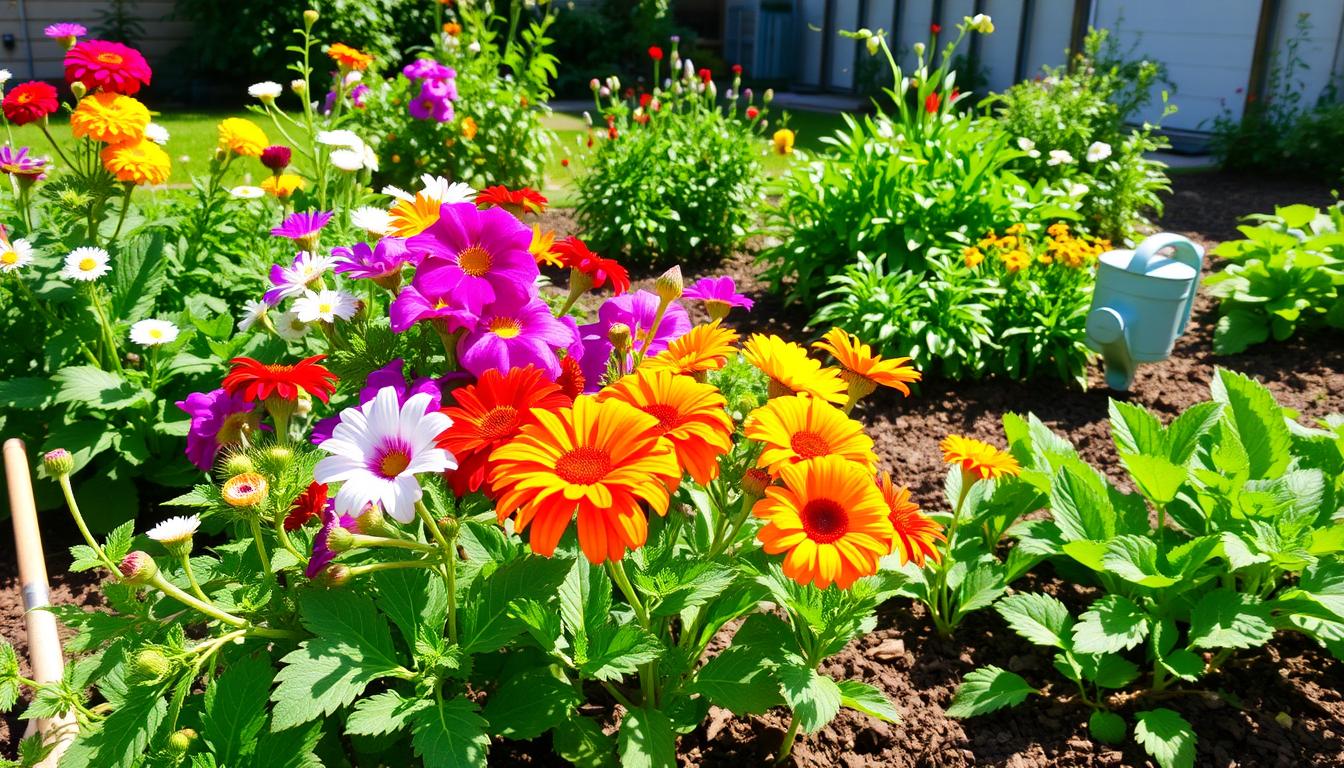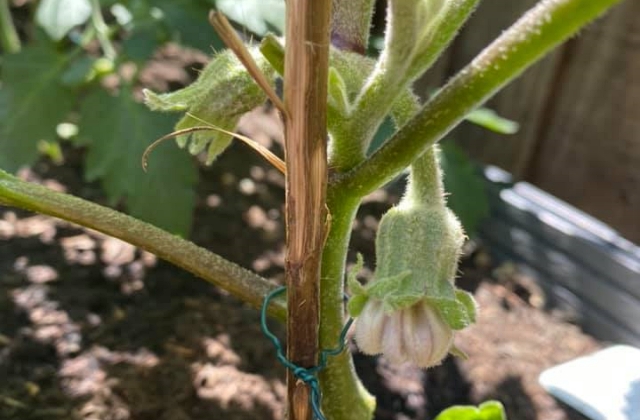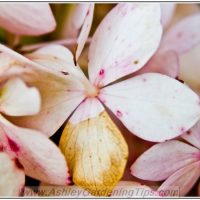Want To Try Your Hands On Gardening? These Tips Can Help
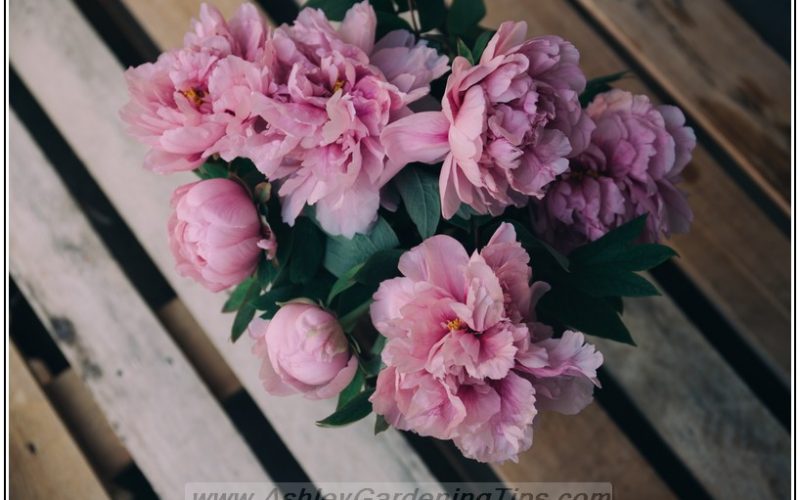
Organic gardening is gaining in popularity because more and more information is coming out about the harmful effects of pesticides and garden chemicals. If you want to learn more about organic gardening, do some research into the various things you can do. You can begin by reading some of the gardening tips here.
Plant crops compatible with each other in order to add even more efficiency to your garden. Plant crops that take longer to mature next to faster growing varieties. You can also get ahead of the season by planting cooler climate crops in the shade of larger summer crops. Greens such as lettuce do great in the shade of a large tomato plant.
A great tip to having a fantastic garden is to be realistic. When shopping the glossy packages of seeds are very appealing, yet many of them only grow in specific climates. Be realistic to what grows in the area and do not plant items that do not grow well. It is so disappointing to plant a garden and have almost no fruits and vegetables come from it.
For gardeners in colder climates who want to get their plants started in the outdoor garden a little early, use plastic milk jugs for mini-greenhouses. Cut the bottom off of a milk jug and place over the plant, pushing the jug into the ground enough to keep it in place. Remove the milk jug cap during sunny, but still somewhat chilly days to allow for some air circulation and replace the cap at night to keep the warmth in. When the days are a bit warmer, remove the jug during the day, only replacing it at night, and slowly let your plant acclimate to the weather.
Diversify the types of plants you grow in your garden. If you only grow one type of plant in your garden and it gets infected with a disease, your whole garden could be wiped out. Also, if you are only growing tomato plants, remember that just 14 tomato plants can yield a year’s supply of tomatoes for two people.
